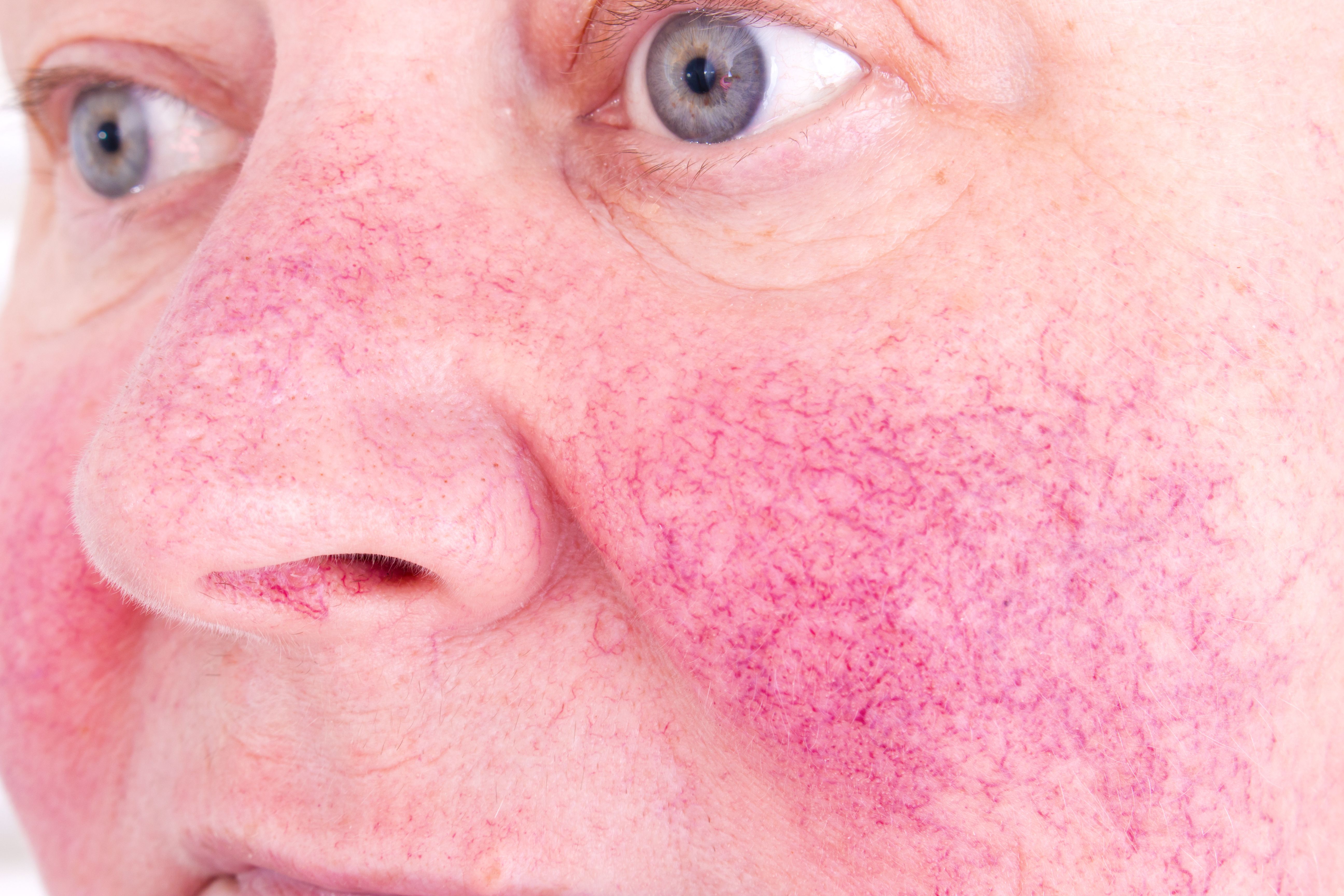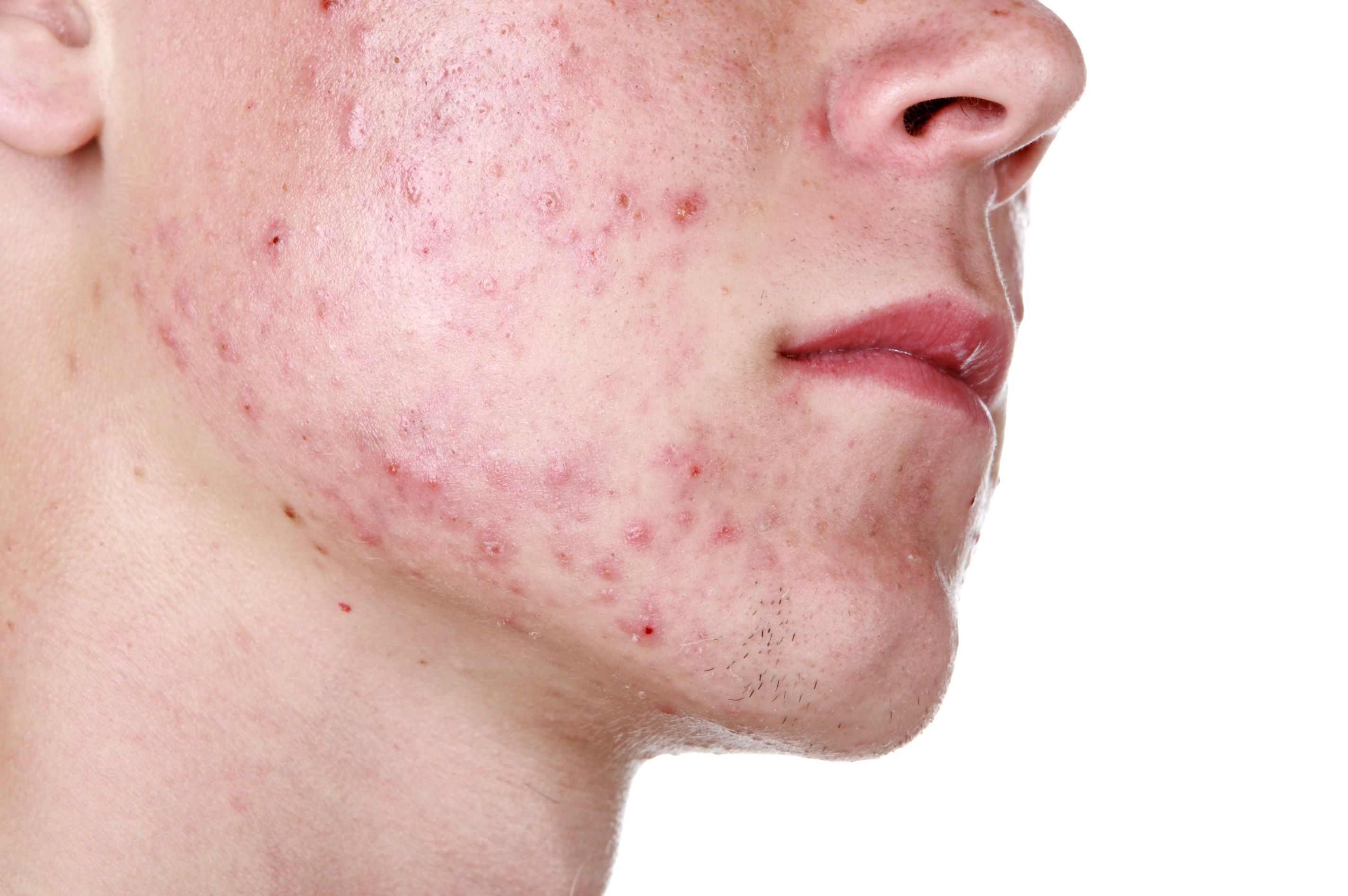- Acne
- Actinic Keratosis
- Aesthetics
- Alopecia
- Atopic Dermatitis
- Buy-and-Bill
- COVID-19
- Case-Based Roundtable
- Chronic Hand Eczema
- Chronic Spontaneous Urticaria
- Drug Watch
- Eczema
- General Dermatology
- Hidradenitis Suppurativa
- Melasma
- NP and PA
- Pediatric Dermatology
- Pigmentary Disorders
- Practice Management
- Precision Medicine and Biologics
- Prurigo Nodularis
- Psoriasis
- Psoriatic Arthritis
- Rare Disease
- Rosacea
- Skin Cancer
- Vitiligo
- Wound Care
Podcast
Examining the State of Rosacea Management
Brought to you by:

Antibiotic Use and Resistance in Dermatology
Featuring: James Q. Del Rosso, DO FAOCD, FAAD and Hilary E. Baldwin, MD
The Value of Combination Therapy for the Treatment of Rosacea
Featuring: James Q. Del Rosso, DO FAOCD, FAAD and Jeffrey S. Fromowitz, MD, FAAD
Rosacea as an Inflammatory Disorder
Featuring: James Q. Del Rosso, DO, FAOCD, FAAD and Linda Stein-Gold,MD
Presenters:
James Q. Del Rosso, DO, FAOCD, FAAD

Board-certified dermatologist practicing at Thomas Dermatology in Las Vegas, NV; research director and principal investigator of JDR Dermatology Research. Dr. Del Rosso is an internationally renowned educator and speaker with several publications in recognized dermatology journals. He is a past president of the American Acne & Rosacea Society, the American Society for Mohs Surgery, and the American Osteopathic College of Dermatology.
Linda Stein-Gold,MD

Director of dermatology clinical research at Henry Ford Health System in Detroit, MI, and division head of dermatology at Henry Ford Health System in West Bloomfield, MI. Dr. Stein-Gold is very active in clinical research on a variety of dermatologic conditions, including the treatment of chronic plaque-type psoriasis, actinic keratosis, atopic dermatitis, acne vulgaris, seborrheic dermatitis, and rosacea. She has published articles in major medical journals and is a frequent national and international lecturer.
Jeffrey S. Fromowitz, MD, FAAD

Medical Director of Dermatology of Boca, and a member of the teaching faculty at Florida Atlantic University. His areas of specialty include body contouring, laser treatments, tattoo removal, laser hair removal, skin cancer treatment, full body exams, psoriasis, eczema, rosacea, and acne.
Hilary E. Baldwin, MD

A dermatologist and medical director of the Acne Treatment & Research Center in Brooklyn, NY, and Morristown, NJ. She is also a clinical associate professor at Rutgers Robert Wood Johnson Medical Center in New Brunswick, NJ. Dr. Baldwin has lectured extensively both nationally and internationally and published prolifically in peer-reviewed journals. She also served as a founding board member and second president of the American Acne and Rosacea Society. Her areas of expertise include acne, rosacea, and keloid scars.
Related articles
Nature-based skin care effective as adjunct to prescription rosacea therapy
By: Dermatology Times Staff
March 27, 2019
Burt's Bees skin care products may be a effective as an adjunct to prescription therapy in the management of rosacea, according to data published in the February issue of Journal of Drugs in Dermatology which was reported at the American Academy of Dermatology Annual Meeting this month.
Novel topical and oral drugs stir excitement
By: John Jesitus
March 21, 2019
Key developments among new and emerging treatments for acne and rosacea include a novel oral agent and a novel topical agent, as well as new formulations of existing products, says Diane S. Berson, M.D. in her presentation at AAD.
Link between rosacea and systemic inflammatory diseases
By: Ingrid Torjesen
May 8, 2017
Recent research suggests rosacea might be an outcome of systemic inflammation with evidence linking rosacea and cardiovascular disease, inflammatory bowel disease - and even some neurological diseases, such as particular parkinsonism, dementia and Alzheimer’s.
Rosacea and gastro disorders possibly related
By: Lisette Hilton
February 8, 2017
Because rosacea is an inflammatory disease there is scientific rationale for a possible association between it and other inflammatory diseases. A recent study demonstrates that rosacea patients have a greater percentage of gastrointestinal disorders than do controls and should be evaluated further if they present with GI symptoms. In such cases a systematic approach to the treatment of both conditions may be warranted.
Updated guidelines for diagnosis, treatment of rosacea
By: Lisette Hilton
January 31, 2017
A revised and updated set of criteria and treatment recommendations establishes a phenotype approach to diagnosing and classifying rosacea. This approach marks a transition from treating rosacea patients according to subtype. Global representation may identify research needed to determine whether rosacea is a global condition.
Newsletter
Like what you’re reading? Subscribe to Dermatology Times for weekly updates on therapies, innovations, and real-world practice tips.














